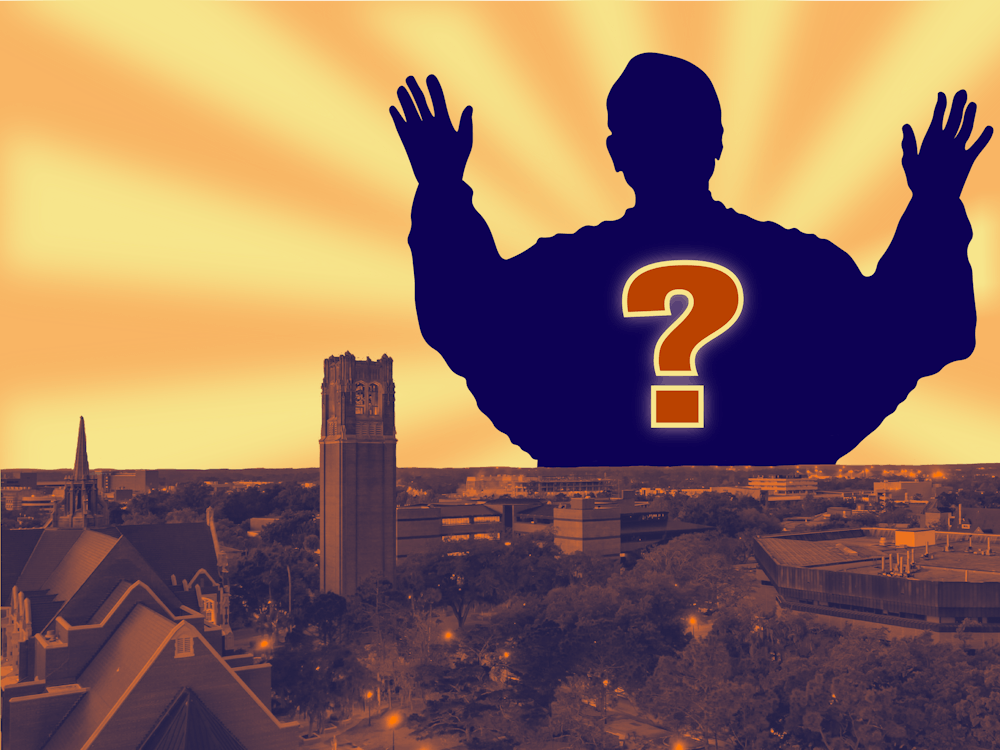A new pope, a new name, and for the first time, an American at the head of the Catholic Church.
White smoke rose from the Sistine Chapel as Cardinal Robert Prevost, 69, was chosen as the 267th pope of the Catholic Church on May 8. He will be the first American to hold this position in the Church's over 2,000-year history.
Prevost chose the name Leo XIV as his papal name. Of the 13 who had the name before him, five are saints. Prevost said he was inspired by Pope Leo XIII, known for his emphasis on social justice and modern engagement with the world. By adopting this name, Pope Leo XIV shows a desire to continue this legacy of thoughtful reform and compassionate leadership.
“La pace sia son tutti voi!” he said. Translating to “Peace be with all of you,” the newly elected pope’s first address was a message centered on openness and compassion.
Leo emphasized a vision of the Church that embraces inclusivity and dialogue, stressing the importance of fostering unity.
This historic election has sparked reactions across the global Catholic community, including at the University of Florida, where students reflect on what this new papacy means for their faith and the Church.
A surprising choice, but a promising one
Amanda Charbonneau, a 20-year-old UF psychology senior, said she was surprised the conclave chose Leo, as he hadn’t been on her or her friends’ radar.
"I was fairly surprised because he wasn’t a name that was being tossed around a lot in online discussions or among other Catholic students I know," Charbonneau said.
She hopes the new pontiff will make efforts to connect with young people, especially as a new generation of Catholics comes of age, she said.
“I feel like there has been a revival in youth in the Catholic Church, and a lot of us have a lot of vigor and zeal, so I think it would be greatly appreciated,” she said.
Seeing Leo’s emotional first address encouraged her, she said, as he seemed to be making the efforts she hoped for.
Mia Lang, a 20-year-old UF psychology junior, shared Charbonneau’s hopes. Witnessing a new pope’s election for the first time felt significant to her because she said she’s always seen the pope as a grandfather figure, a symbol of faith and tradition.
“It’s kind of surreal as a young Catholic,” she said. “This is the first time I’m old enough to fully understand what it means when we get a new pope. I’m very excited.”
The new pope’s selection reflected the nature of divine providence, she said.
“I love that this pope was unexpected,” she said. “The Holy Spirit chooses who He wants to, the people don’t.”
Lang’s not entering this papacy with specific expectations, she said, but rather with faith that Leo has the qualities necessary to lead the Church forward.
Balancing concerns and optimism
Some students expressed cautious skepticism toward the new papacy. Katherine Collins, a 19-year-old UF political science, philosophy, economics and law sophomore, called the moment “exciting” but was concerned about Leo’s potential doctrinal positions.
“I’m hearing he’s a centrist, which makes me slightly skeptical,” Collins said. “I think we must be as staunch as possible on beliefs pertaining to the faith.”
Collins referenced the recent push in encouraging female priests and the acceptance of LGBTQ+ individuals in the church.
“While we should certainly love all people, we can’t water down our faith or disregard sin simply to avoid difficult conversations,” she said.
She said she hopes Leo’s humanitarian focus could lead to positive change in areas like immigration and helping the poor while also ensuring nations are able to keep strong borders.
“He seems like a man of action, and I’m excited to see what steps he takes first,” she said.
The significance of an American pope
Others are eager to see how the new pope will turn his vision into concrete action. This sentiment is shared among those who are concerned about the potential global implications of an American pope.
Victoria Nguyen, a 19-year-old UF business finance and English sophomore, said she wasn’t surprised but concerned at the election of an American pope, especially given the global influence the U.S. wields.
“Some may view an American pope as a way to grow America, and others may see him trying to criticize America,” Nguyen said. “I became a bit scared that this decision would divide the world or our country.”
Still, Nguyen said the pope’s nationality should not define his papacy.
“I am very grateful I can live in a time where a pope is from my country,” she said. “As Pope Leo XIV put it beautifully — he’s a Christian like us. That’s what matters most to me.”
She hopes the new pope leads with humility, holiness and a genuine sense of humanity.
“I hope he has a clear, burning love for God,” she said. “Speaking of though, I hope that he still shows his humanity.”
Nora Dean, an 18-year-old UF international studies sophomore, said, “Him being from the United States was secondary to the fact that we simply have a new Holy Father.”
Dean praised Leo's personal qualities.
“I have heard that Pope Leo XIV speaks about five languages and is a soft-spoken individual, which to me signifies that he is intelligent but also humble and kind,” she said. “I hope these rumors are true.”
Contact Swasthi Maharaj at smaharaj@thealligator.org. Follow her on X @s_maharaj1611.





